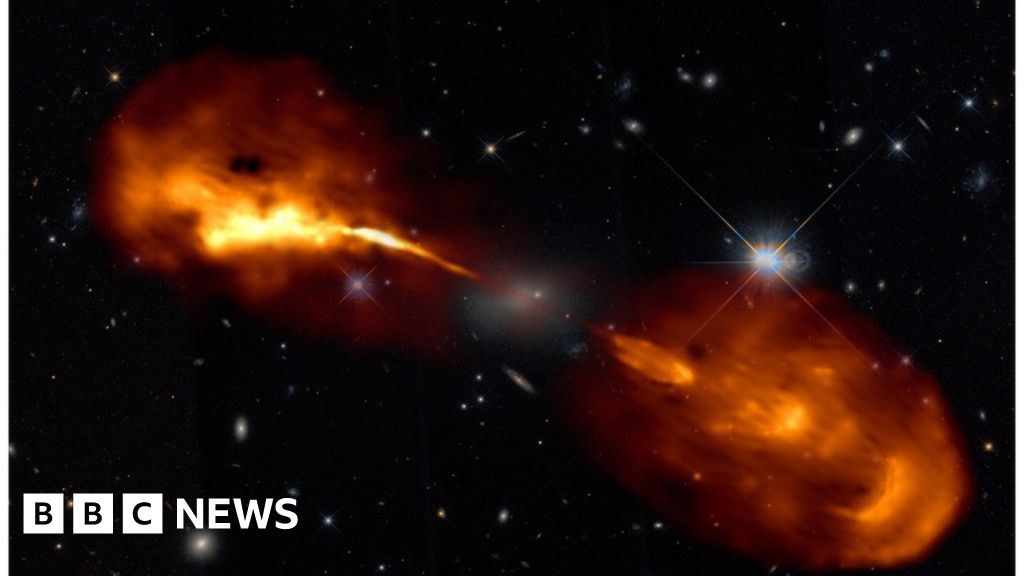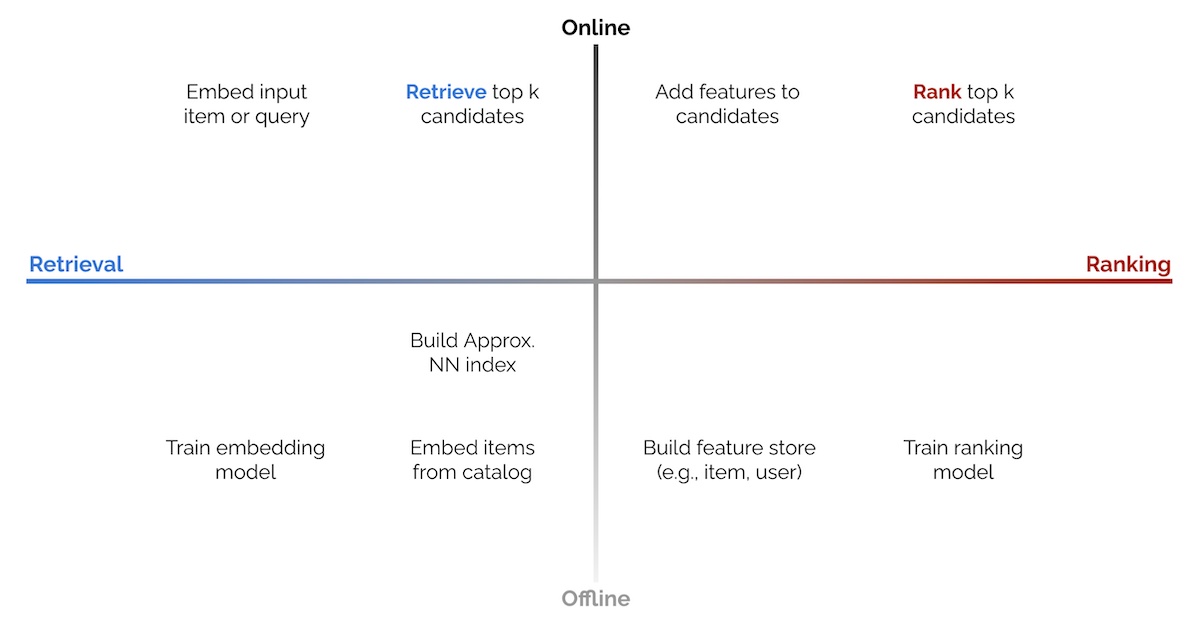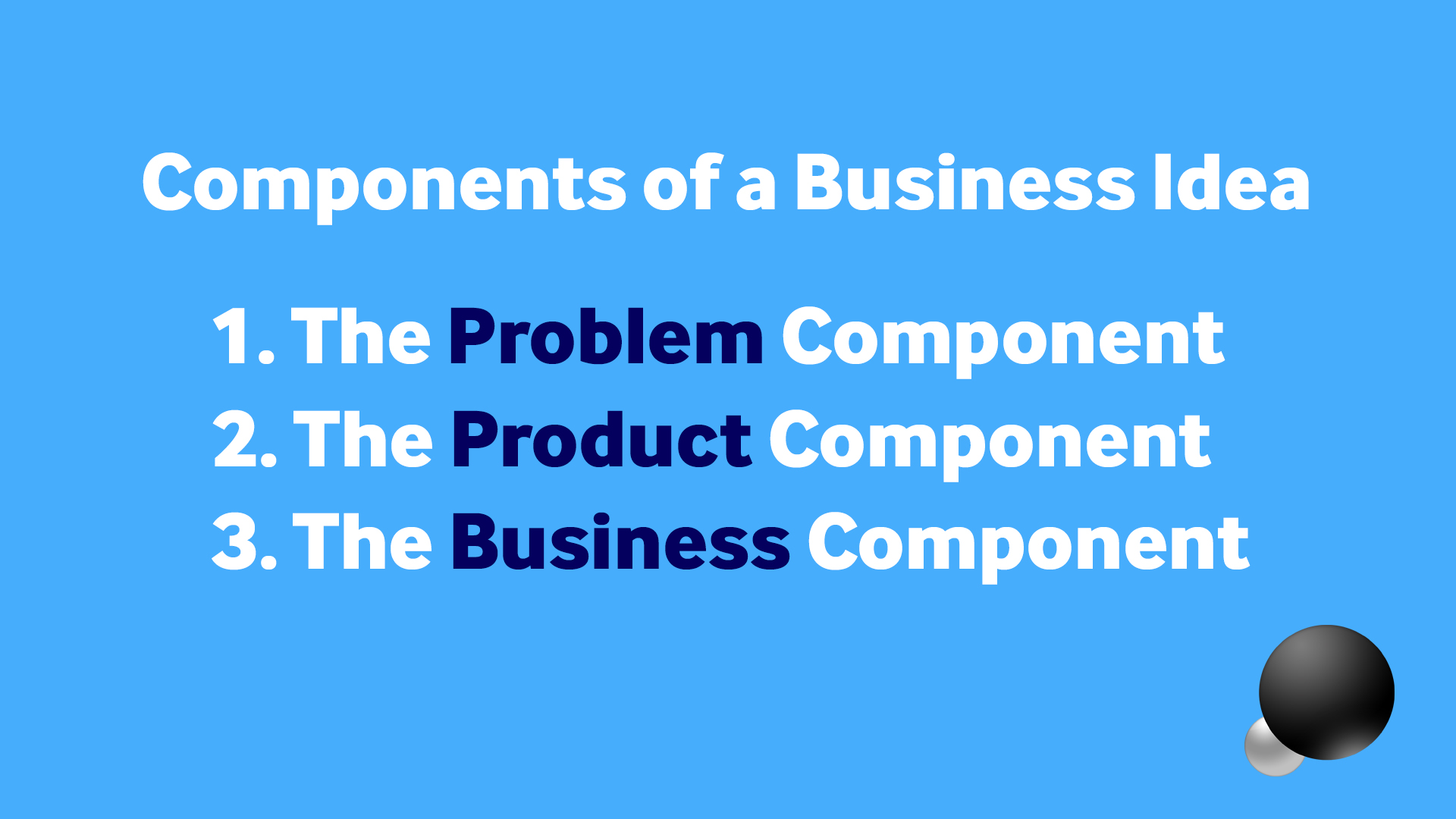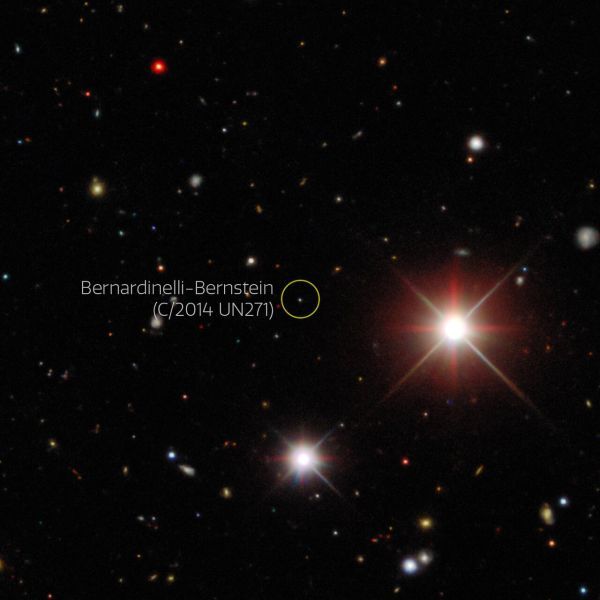DiscoveryWorld: A Virtual Environment for Developing and Evaluating Automated Scientific Discovery Agents
Automated scientific discovery promises to accelerate progress across scientific domains. However, developing and evaluating an AI agent's capacity for end-to-end scientific reasoning is challenging as running real-world experiments is often prohibitively expensive or infeasible. In this work we introduce DiscoveryWorld, the first virtual environment for developing and benchmarking an agent's ability to perform complete cycles of novel scientific discovery. DiscoveryWorld contains a variety of different challenges, covering topics as diverse as radioisotope dating, rocket science, and proteomics, to encourage development of general discovery skills rather than task-specific solutions. DiscoveryWorld itself is an inexpensive, simulated, text-based environment (with optional 2D visual overlay). It includes 120 different challenge tasks, spanning eight topics each with three levels of difficulty and several parametric variations. Each task requires an agent to form hypotheses, design and run experiments, analyze results, and act on conclusions. DiscoveryWorld further provides three automatic metrics for evaluating performance, based on (a) task completion, (b) task-relevant actions taken, and (c) the discovered explanatory knowledge. We find that strong baseline agents, that perform well in prior published environments, struggle on most DiscoveryWorld tasks, suggesting that DiscoveryWorld captures some of the novel challenges of discovery, and thus that DiscoveryWorld may help accelerate near-term development and assessment of scientific discovery competency in agents.
As a benchmark, DiscoveryWorld contains 120 different challenge tasks, organized as parametric variations of 8 discovery topics spanning 3 levels of difficulty. The discovery topics come from diverse areas of science, such as discovering the cause of an illness, validating radioisotope dating, or adapting rocket science to a new planet. Each parametric variation of a given task changes the underlying data, task solution, and often times also reorgnizes the environment, creating new discovery tasks for agents to solve.




















